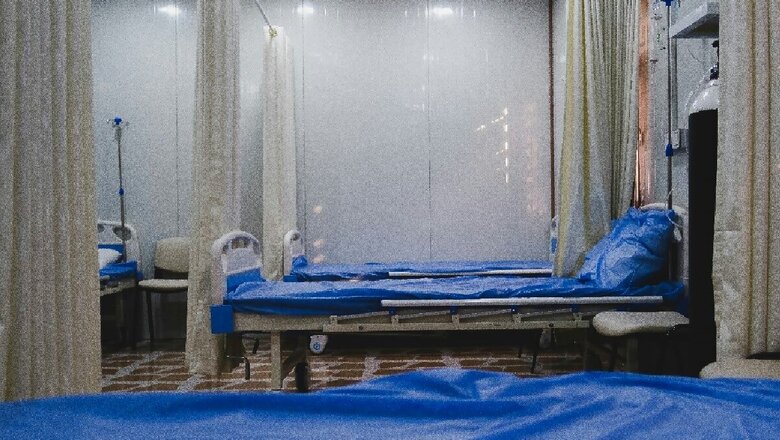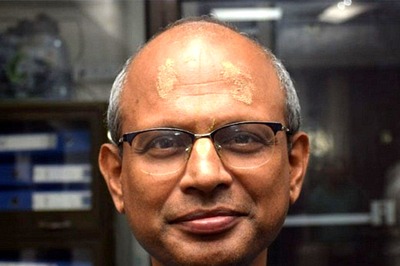
views
A young man, who recently returned after travelling to a country witnessing an Mpox (monkeypox) outbreak, was identified as a suspect case, a first in India.
The individual is symptomatic but stable and his samples have been taken to confirm the presence of the virus.
Authorities have also launched contact tracing and are managing the case in line with established protocols. Using contact tracing, authorities are trying to identify potential sources and assess the impact within the country.
This case aligns with the earlier risk assessment by the National Centre for Disease Control (NCDC). The officials said there is no cause of alarm and added that the country is well-prepared to handle isolated travel-related cases.
They said that robust measures are in place to manage and mitigate any potential risk.
What Is Mpox? How Does It Spread?
Mpox is caused by a virus transmitted to humans by infected animals but can also be passed from human to human through close physical contact.
Sometimes deadly, it causes fever, muscular aches and large boil-like skin lesions.
The World Health Organization declared an international emergency on August 14, concerned by the surge in cases of the new Clade 1b strain in the Democratic Republic of Congo (DRC) that spread to nearby countries. A vaccination campaign against mpox in Congo will begin on October 2.
The 2022 epidemic was caused by Clade 2 which is still circulating in many countries, including in the West.
But the epidemic in the DRC is caused by the Clade 1 strain, and the situation is becoming more complicated with the appearance of a new version of this subgroup, variant 1b.
The danger and level of contagion of the variant are difficult to assess.
The WHO said cases due to Clade 1b have increased rapidly but “relatively few deaths have been reported”.
Formerly called monkeypox, the virus was discovered in 1958 in Denmark in monkeys kept for research.
It was first discovered in humans in 1970 in Zaire, the previous name of DRC.




















Comments
0 comment